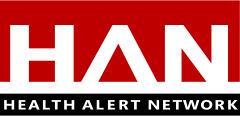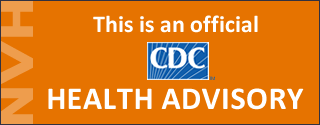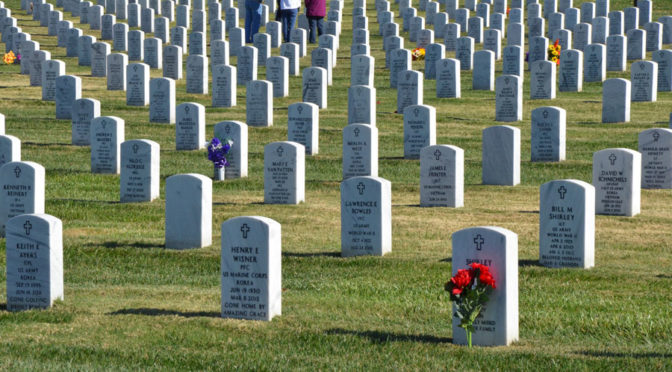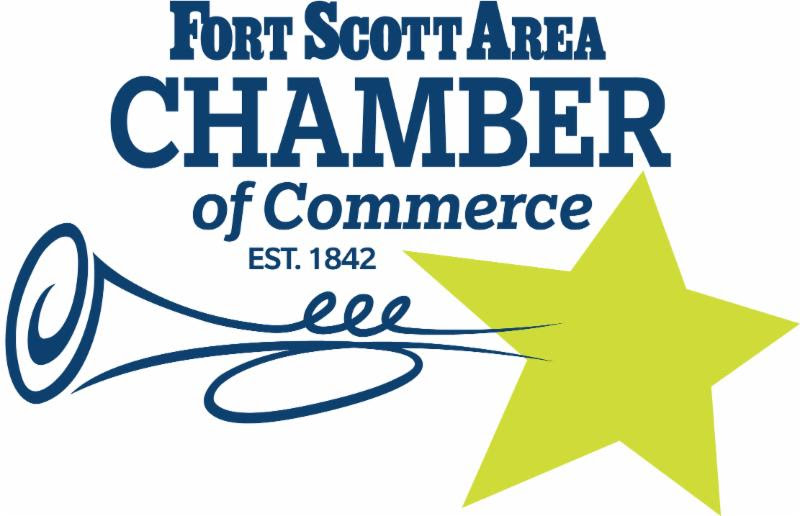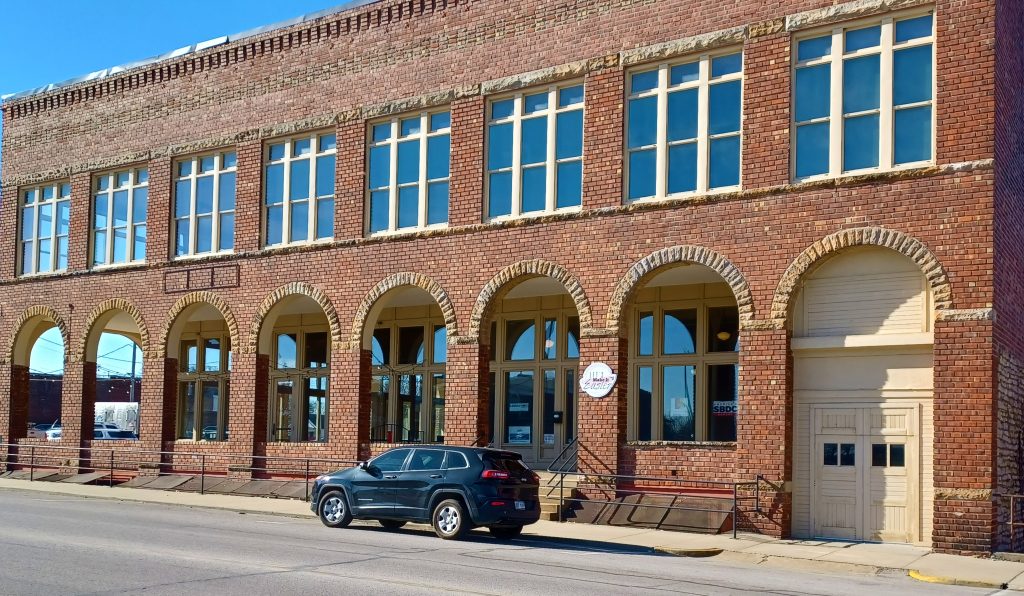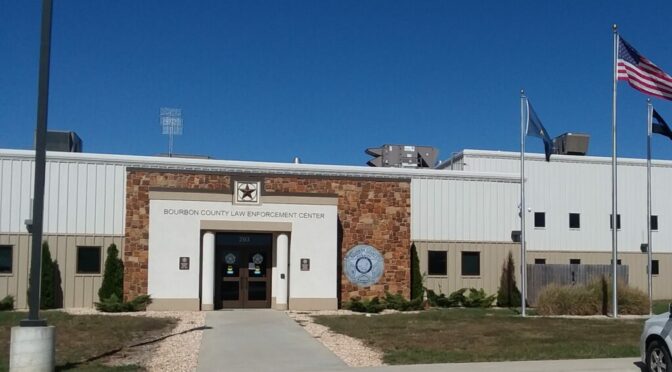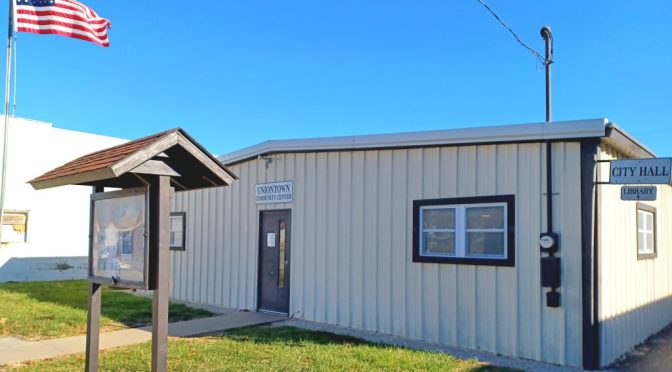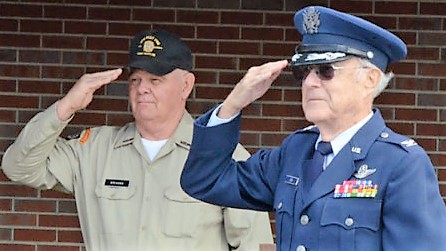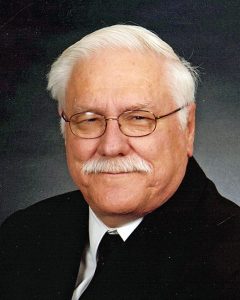Submitted by Becky Johnson, BSN-RN
Administrator/SEK Local Health Officer
Increase in Global and Domestic Measles Cases and Outbreaks: Ensure Children in the United States and Those Traveling Internationally 6 Months and Older are Current on MMR Vaccination
Distributed via the CDC Health Alert Network
March 18, 2024, 12:30 PM ET
CDCHAN-00504
Summary
The Centers for Disease Control and Prevention (CDC) is issuing this Health Alert Network (HAN) Health Advisory to inform clinicians and public health officials of an increase in global and U.S. measles cases and to provide guidance on measles prevention for all international travelers aged ≥6 months and all children aged ≥12 months who do not plan to travel internationally. Measles (rubeola) is highly contagious; one person infected with measles can infect 9 out of 10 unvaccinated individuals with whom they come in close contact. From January 1 to March 14, 2024, CDC has been notified of 58 confirmed U.S. cases of measles across 17 jurisdictions, including seven outbreaks in seven jurisdictions compared to 58 total cases and four outbreaks reported the entire year in 2023. Among the 58 cases reported in 2024, 54 (93%) were linked to international travel. Most cases reported in 2024 have been among children aged 12 months and older who had not received measles-mumps-rubella (MMR) vaccine. Many countries, including travel destinations such as Austria, the Philippines, Romania, and the United Kingdom, are experiencing measles outbreaks. To prevent measles infection and reduce the risk of community transmission from importation, all U.S. residents traveling internationally, regardless of destination, should be current on their MMR vaccinations. Healthcare providers should ensure children are current on routine immunizations, including MMR. Given currently high population immunity against measles in most U.S. communities, the risk of widescale spread is low. However, pockets of low coverage leave some communities at higher risk for outbreaks.
Background
Measles is a highly contagious viral illness and can cause severe health complications, including pneumonia, encephalitis (inflammation of the brain), and death, especially in unvaccinated persons. Measles typically begins with a prodrome of fever, cough, coryza (runny nose), and conjunctivitis (pink eye), lasting 2 to 4 days before rash onset. The incubation period for measles from exposure to fever is usually about 10 days (range 7 to 12 days), while rash onset is typically visible around 14 days (range 7 to 21 days) after initial exposure. The virus is transmitted through direct contact with infectious droplets or by airborne spread when an infected person breathes, coughs, or sneezes, and can remain infectious in the air and on surfaces for up to 2 hours after an infected person leaves an area. Individuals infected with measles are contagious from 4 days before the rash starts through 4 days afterward.
Declines in measles vaccination rates globally have increased the risk of measles outbreaks worldwide, including in the United States. Measles cases continue to be brought into the United States by travelers who are infected while in other countries. As a result, domestic measles outbreaks have been reported in most years, even following the declaration of U.S. measles elimination in 2000. Most importations come from unvaccinated U.S. residents.
Measles is almost entirely preventable through vaccination. MMR vaccines are safe and highly effective, with two doses being 97% effective against measles (one dose is 93% effective). When more than 95% of people in a community are vaccinated (coverage >95%) most people are protected through community immunity (herd immunity). However, vaccination coverage among U.S. kindergartners has decreased from 95.2% during the 2019–2020 school year to 93.1% in the 2022–2023 school year, leaving approximately 250,000 kindergartners susceptible to measles each year over the last three years. Thirty-six states plus the District of Columbia (DC) had less than 95% MMR coverage among kindergartners during the 2022–2023 school year. Of states with less than 95% MMR coverage, ten reported more than 5% of kindergartners had medical and nonmedical exemptions, highlighting the importance of targeted efforts at increasing vaccine confidence and access.
Recommendations for Healthcare Providers
- Schools, early childhood education providers, and healthcare providers should work to ensure students are current with MMR vaccine.
-
- Children who are not traveling internationally should receive their first dose of MMR at age 12 to 15 months and their second dose at 4 to 6 years.
- All U.S. residents older than age 6 months without evidence of immunity who are planning to travel internationally should receive MMR vaccine prior to departure.
- Infants aged 6 through 11 months should receive one dose of MMR vaccine before departure. Infants who receive a dose of MMR vaccine before their first birthday should receive two more doses of MMR vaccine, the first of which should be administered when the child is age 12 through 15 months and the second at least 28 days later.
- Children aged 12 months or older should receive two doses of MMR vaccine, separated by at least 28 days.
- Teenagers and adults without evidence of measles immunity should receive two doses of MMR vaccine separated by at least 28 days.
- At least one of the following is considered evidence of measles immunity for international travelers: 1) birth before 1957, 2) documented administration of two doses of live measles virus vaccine (MMR, MMRV, or other measles-containing vaccine), or 3) laboratory (serologic) proof of immunity or laboratory confirmation of disease.
- Consider measles as a diagnosis in anyone with fever (≥101°F or 38.3°C) and a generalized maculopapular rash with cough, coryza, or conjunctivitis who has recently been abroad, especially in countries with ongoing outbreaks. When considering measles, then:
- Isolate: Do not allow patients with suspected measles to remain in the waiting room or other common areas of a healthcare facility; isolate patients with suspected measles immediately, ideally in a single-patient airborne infection isolation room (AIIR) if available, or in a private room with a closed door until an AIIR is available. Healthcare providers should be adequately protected against measles and should adhere to standard and airborne precautions when evaluating suspect cases, regardless of their vaccination status. Healthcare providers without evidence of immunity should be excluded from work from day 5 after the first exposure until day 21 following their last exposure. Offer testing outside of facilities to avoid transmission in healthcare settings. Call ahead to ensure immediate isolation for patients referred to hospitals for a higher level of care.
- Notify: Immediately notify state, tribal, local, or territorial health departments (24-hour Epi On Call contact list) about any suspected case of measles to ensure rapid testing and investigation. States report measles cases to CDC.
- Test: Follow CDC’s testing recommendations and collect either a nasopharyngeal swab, throat swab, and/or urine for reverse transcription polymerase chain reaction (RT-PCR) and a blood specimen for serology from all patients with clinical features compatible with measles. RT-PCR is available at many state public health laboratories, through the APHL Vaccine Preventable Disease Reference Centers, and at CDC. Given potential shortages in IgM test kits, providers should be vigilant in contacting their state or local health department for guidance on testing.
- Manage: In coordination with local or state health departments, provide appropriate measles post-exposure prophylaxis (PEP) as soon as possible after exposure to close contacts without evidence of immunity, either with MMR (within 72 hours) or immunoglobulin (within 6 days). The choice of PEP is based on elapsed time from exposure or medical contraindications to vaccination.
Recommendations for Health Departments
Measles is an immediately notifiable disease. State, tribal, local, and territorial health departments have the lead in disease investigations and should report measles cases and outbreaks within 24 hours through the state health department to CDC ([email protected]) and through NNDSS.
- Establish measles case reporting from healthcare facilities, providers, and laboratories to public health authorities.
- If measles is identified, conduct active surveillance for additional (secondary) cases and facilitate transportation of specimens immediately to confirm diagnosis.
- Record and report details about cases of measles, including adherence to recommended precautions and facility location(s) of index and secondary cases.
- Enhance outreach and communications to under-vaccinated communities through trusted messengers.
Recommendations for Parents and International Travelers
- Even if not traveling, ensure that children receive all recommended doses of MMR vaccine. Two doses of MMR vaccine provide better protection (97%) against measles than one dose (93%). Getting MMR vaccine is much safer than getting measles, mumps, or rubella.
- Anyone who is not protected against measles is at risk of getting infected when they travel internationally. Before international travel, check your destination and CDC’s Global Measles Travel Health Notice for more travel health advice, including where measles outbreaks have been reported.
- Parents traveling internationally with children should consult with their child’s healthcare provider to ensure that they are current with their MMR vaccinations at least 2 weeks before travel. Infants aged 6 to 11 months should have one documented dose and children aged 12 months and older should have two documented doses of MMR vaccine before international travel. Depending on where you are going and what activities you plan, other vaccines may be recommended too.
- After international travel, watch for signs and symptoms of measles for 3 weeks after returning to the United States. If you or your child gets sick with a rash and a high fever, call your healthcare provider. Tell them you traveled to another country and whether you or your child have received MMR vaccine.
For More Information
- Parents and International Travelers
- Health Departments and Public Health Professionals
- Healthcare Providers
- Measles One-Pager for Healthcare Providers | Project Firstline and AAP
- Immunization Schedules | CDC
- Safety Information for Measles, Mumps, Rubella (MMR) Vaccines | CDC
- For Healthcare Professionals – Diagnosing and Treating Measles | CDC
- Interim Measles Infection Prevention Recommendations in Healthcare Settings | CDC
- Measles – Vaccine Preventable Diseases Surveillance Manual | CDC
- Rubeola / Measles | CDC Yellow Book 2024
- Measles Lab Tools | CDC
- Measles Serology | CDC
- Measles Specimen Collection, Storage, and Shipment | CDC
- Test Directory | Submitting Specimens to CDC | Infectious Diseases Laboratories | CDC
- Webinar Thursday, August 17, 2023 – We Must Maintain Measles Elimination in the United States: Measles Clinical Presentation, Diagnosis, and Prevention (cdc.gov) (Free CE)
The Centers for Disease Control and Prevention (CDC) protects people’s health and safety by preventing and controlling diseases and injuries; enhances health decisions by providing credible information on critical health issues; and promotes healthy living through strong partnerships with local, national and international organizations.
Department of Health and Human Services
HAN Message Types
- Health Alert: Conveys the highest level of importance about a public health incident.
- Health Advisory: Provides important information about a public health incident.
- Health Update: Provides updated information about a public health incident.
###
This message was distributed to state and local health officers, state and local epidemiologists, state and local laboratory directors, public information officers, HAN coordinators, and clinician organizations.
###
